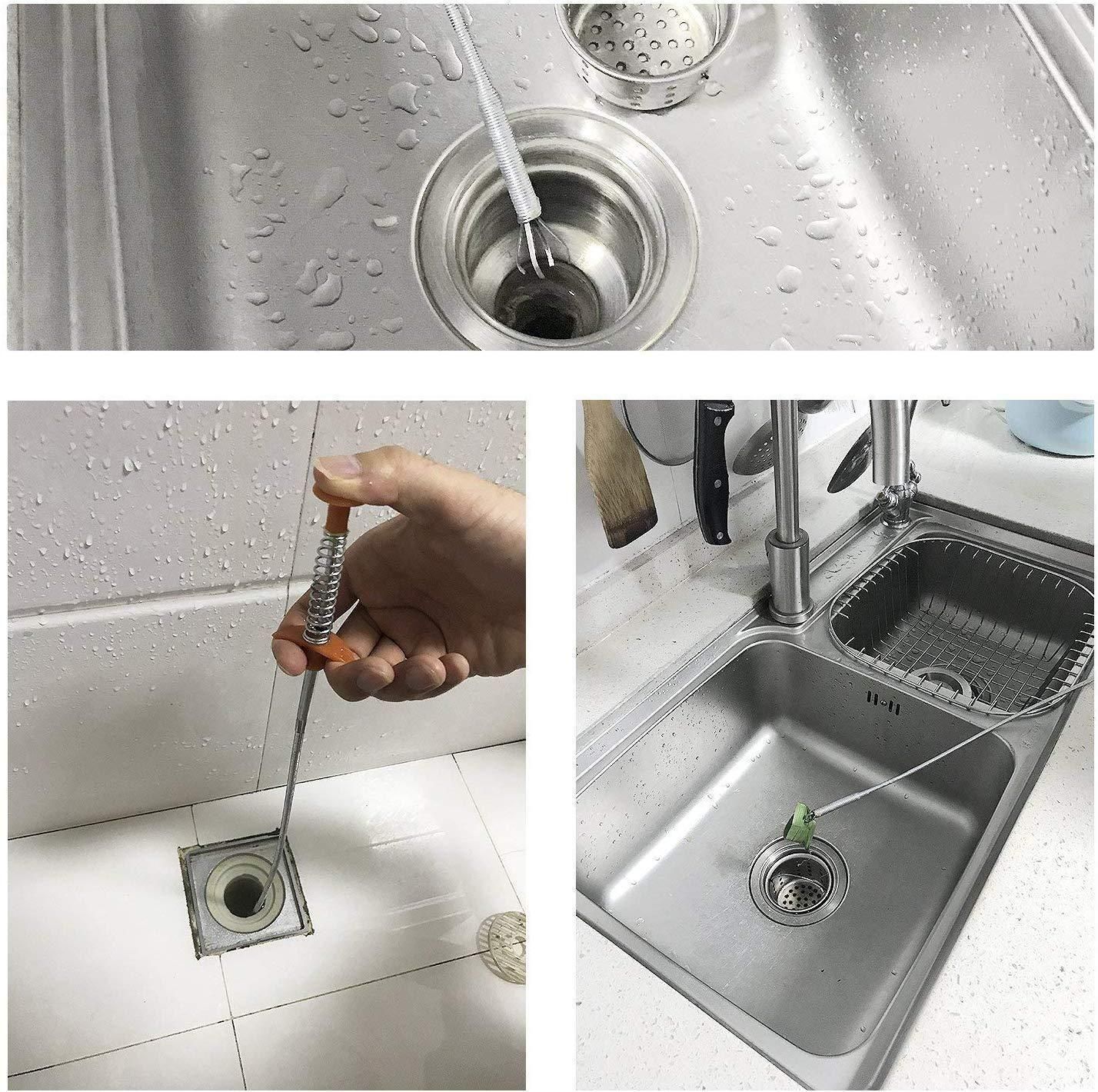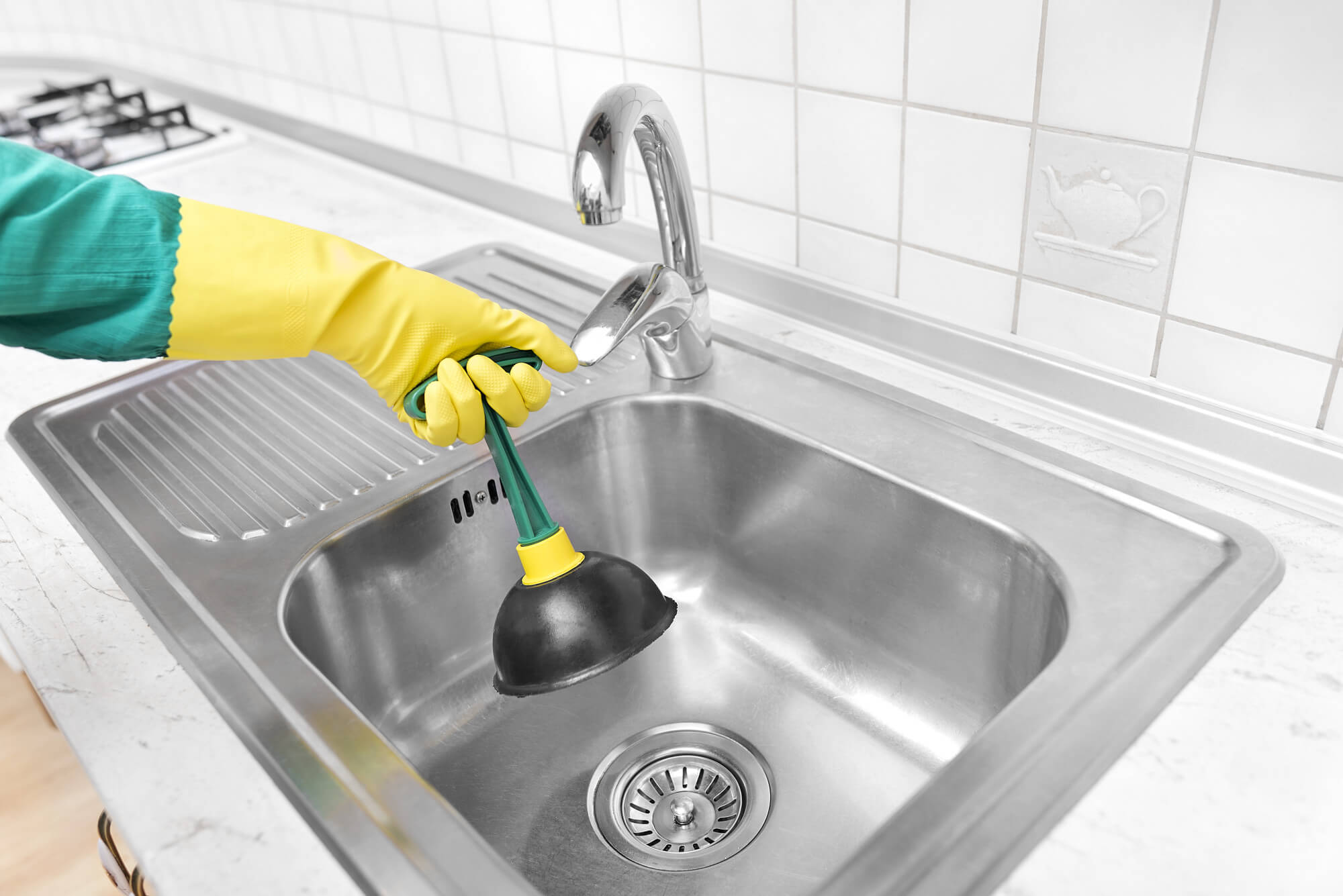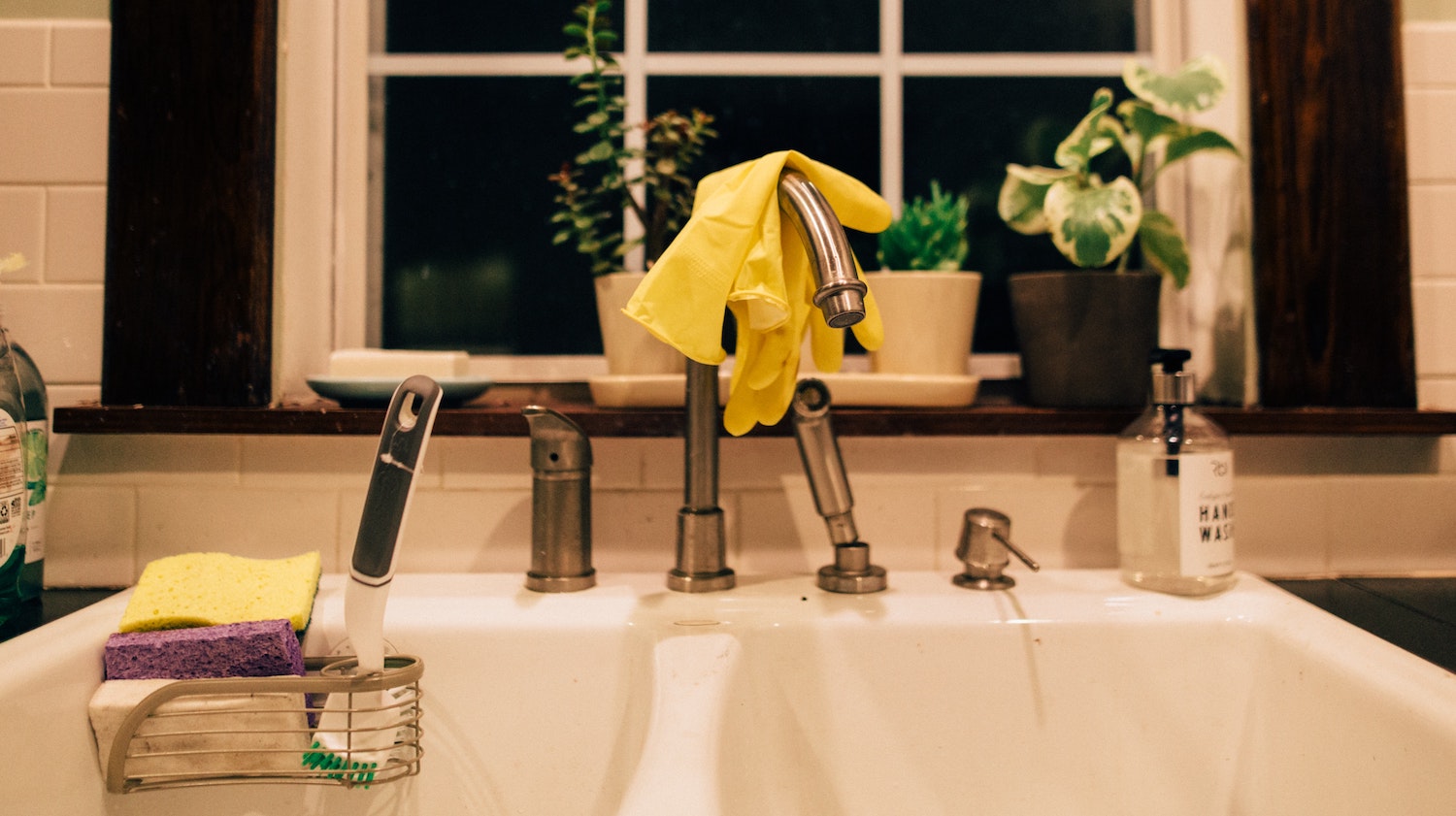Introduction: Maintaining a Hygienic Kitchen
The kitchen sink drain is a vital component of any household, responsible for carrying away food scraps, grease, and other debris. Over time, however, these substances can accumulate and lead to unpleasant odors, clogged drains, and even bacterial growth. In this comprehensive guide, we’ll explore effective tips and tricks for cleaning your kitchen sink drain to ensure it remains sparkling clean and free from odor-causing buildup.
Understanding the Importance of Drain Maintenance
A clean kitchen sink drain is not only essential for maintaining a hygienic environment but also for preventing plumbing issues such as clogs and backups. Regular maintenance helps to remove food particles, grease, and soap scum that can accumulate in the drain over time, preventing foul odors and ensuring proper drainage. By incorporating simple cleaning techniques into your kitchen routine, you can prolong the life of your plumbing system and enjoy a cleaner, fresher kitchen.

Removing Visible Debris: A Simple First Step
Start by removing any visible debris from the kitchen sink drain to improve water flow and prevent clogs. Use a pair of gloves to protect your hands, then carefully remove any food scraps, hair, or other debris that may be lodged in the drain opening. A pair of tweezers or a small brush can be helpful for dislodging stubborn particles and ensuring a thorough clean.
Unclogging the Drain: Tackling Stubborn Blockages
If your kitchen sink drain is already clogged, it’s essential to address the issue promptly to prevent further buildup and potential damage to your plumbing system. Begin by attempting to unclog the drain using a plunger or a drain snake. Apply firm, even pressure to the plunger, or insert the drain snake into the drain opening and rotate it to dislodge the blockage. If these methods are unsuccessful, you may need to use a chemical drain cleaner or call a professional plumber for assistance.

Natural Drain Cleaners: A Safer Alternative
Chemical drain cleaners can be effective at unclogging drains, but they often contain harsh ingredients that can be harmful to the environment and your plumbing system. Fortunately, there are several natural alternatives that are equally effective and safer to use. Ingredients such as baking soda, vinegar, and hot water can help break down grease and dissolve stubborn clogs without causing damage to your pipes. Simply pour a mixture of baking soda and vinegar down the drain, followed by hot water, to help clear away buildup and restore proper drainage.
Eliminating Foul Odors: Banishing Unpleasant Smells
Foul odors emanating from the kitchen sink drain are not only unpleasant but also indicative of bacterial growth and decomposing organic matter. To eliminate odors and keep your kitchen smelling fresh, consider using natural deodorizers such as citrus peels or baking soda. Place a few lemon or orange peels down the drain and run hot water to release their natural fragrance and neutralize unpleasant odors. Alternatively, sprinkle baking soda into the drain, followed by vinegar, and allow the mixture to fizz and deodorize the drain.

Preventing Future Buildup: Maintenance Tips and Strategies
Once you’ve cleaned your kitchen sink drain, it’s essential to take proactive steps to prevent future buildup and maintain optimal drainage. Avoid pouring grease, oil, and food scraps down the drain, as these substances can solidify and cause clogs over time. Instead, scrape plates and cookware into the trash or compost bin before rinsing them in the sink. Additionally, consider installing a mesh drain cover to catch food particles and prevent them from entering the drain.
Regular Cleaning Routine: Incorporating Drain Maintenance
To ensure your kitchen sink drain remains clean and odor-free, incorporate drain maintenance into your regular cleaning routine. Schedule a weekly or bi-weekly cleaning session dedicated to removing debris, flushing the drain with hot water, and using natural cleaners to prevent buildup. Consistency is key to maintaining a clean and healthy kitchen environment, so make it a habit to prioritize drain maintenance alongside other household chores.
Professional Maintenance: Calling in the Experts
If you’re unable to unclog the drain or eliminate persistent odors despite your best efforts, it may be time to call in a professional plumber for assistance. A qualified plumber can assess the condition of your plumbing system, identify any underlying issues, and recommend appropriate solutions to restore proper drainage and eliminate odors. While DIY maintenance is sufficient for most routine tasks, professional intervention may be necessary for more complex or severe plumbing problems.

Maintaining a Healthy Home Environment: Importance of Drain Maintenance
A clean kitchen sink drain is not only vital for the functionality of your plumbing system but also for the overall health and well-being of your household. Bacteria, mold, and other harmful pathogens thrive in moist, organic environments, making the kitchen sink drain an ideal breeding ground. By keeping the drain clean and free from debris, you can reduce the risk of bacterial growth and prevent the spread of contaminants throughout your home.
Environmental Impact of Drain Cleaning Products
Chemical drain cleaners are commonly used to unclog drains, but their harsh ingredients can have adverse effects on the environment. When poured down the drain, these chemicals can contaminate water sources, harm aquatic life, and contribute to pollution. By opting for natural drain cleaning alternatives, you can minimize your environmental footprint and protect the planet for future generations.
Sustainable Drain Maintenance Practices
In addition to using natural cleaning agents, there are several sustainable practices you can incorporate into your drain maintenance routine. Conserving water, repairing leaks promptly, and minimizing waste are all effective ways to reduce your household’s environmental impact. By adopting eco-friendly habits in the kitchen and beyond, you can contribute to a healthier planet while ensuring the long-term integrity of your plumbing system.

Conclusion: Enjoying a Clean and Hygienic Kitchen
In conclusion, maintaining a clean and hygienic kitchen sink drain is essential for ensuring optimal drainage, preventing clogs, and eliminating foul odors. By following the tips and tricks outlined in this guide, you can effectively clean your kitchen sink drain using simple, natural ingredients and techniques. Whether you’re removing visible debris, unclogging stubborn blockages, or preventing future buildup, incorporating regular drain maintenance into your cleaning routine will help keep your kitchen sink sparkling clean and odor-free for years to come.


